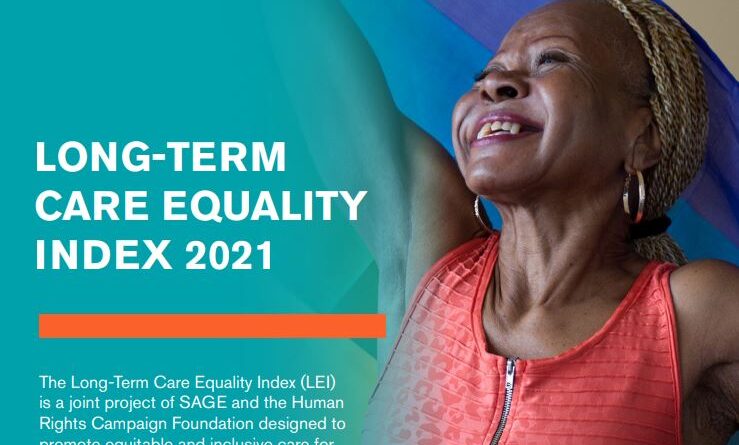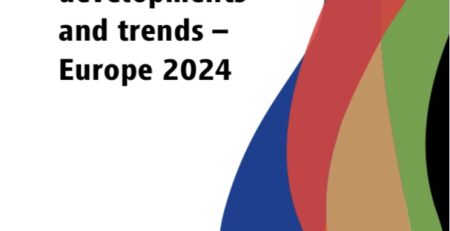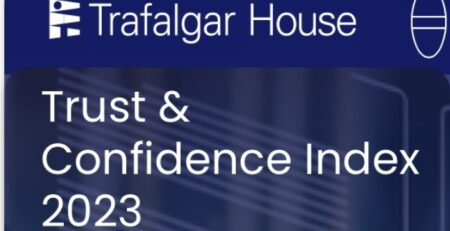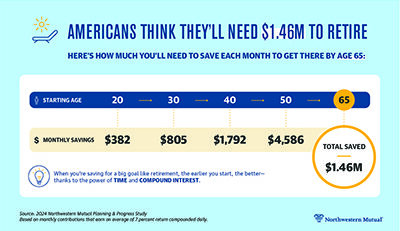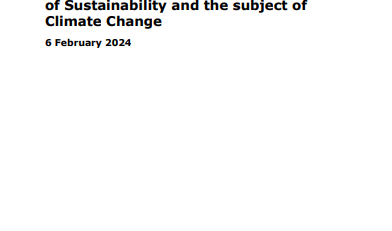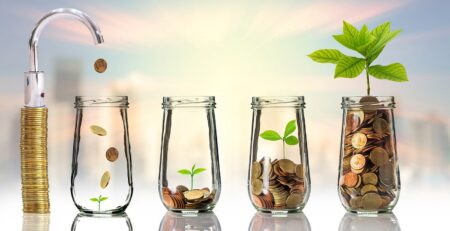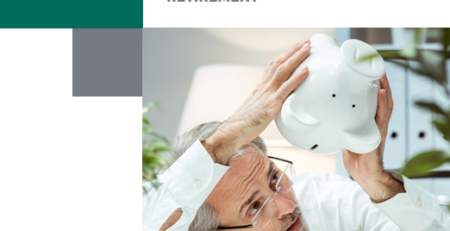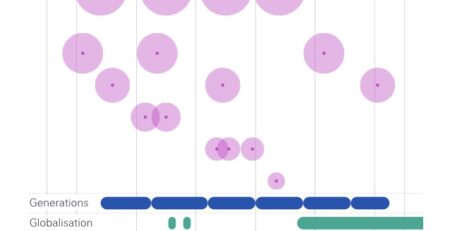Long-term care equality index 2021
By SAGE
Try as we might, we may never fully process and adequately convey what we, people working in long-term care communities and hospitals, have experienced during these past fifteen months. But just like the virus which we cannot see but has nonetheless turned our world upside down, even though we cannot see what has happened to us and others from within, we carry our experiences, and their effects on us, in our heart, mind, body, and spirit. In the U.S., the frenzied, overwhelming deluge of COVID-19 infections and emergencies has subsided. The number of new COVID-19 cases and related deaths have dramatically declined and over half the population in the U.S. has been vaccinated. With these encouraging changes, we find ourselves starting to catch our breath and perhaps begin to confront and process the enormous loss and grief we have been immersed in. While we have not yet been fully liberated the pandemic is not over — governments and organizations have begun, and will likely continue, to lift social distancing and other public health related restrictions. People may feel like we are “returning to normal,” but we know that is impossible. We and our world have changed.
The scale and scope of the loss we have experienced individually and collectively, and the grief we carry, are unprecedented. As we move from crisis/outbreak/survival mode to non-pandemic living, our journeys of grief and, God willing, healing, be it of mind, body, soul, begin. I believe the key to getting through this, to healing individually and collectively, rests in our connections to one another and in acts of loving kindness. Over the years as a chaplain and rabbi serving members of a skilled nursing community, I have come to believe and understand as a source of hope that even when we do not have a cure, and even when someone is dying, throughout our lives, some type of healing (mind, body, spirit, relationship), perhaps seemingly small, is possible. Furthermore, the power and source for healing is within each of us. While there is much we cannot control, we have within us the power and resources to make a positive difference, to help bring about healing for ourselves and others. The acts of lovingkindness themselves can be simple. Of ten the most powerful, life changing acts are such as acknowledging someone’s humanity, dignity, and worth by greeting them with a smile and a warm hello. We have a long road ahead, but together we can get through this. We need one another. One of the miracles of practicing acts of loving kindness, is that not only do we give to some one else, we, the giver, gain much in return.
When we help others, we in turn are helped and experience some sort of healing. May we each find ways to practice kindness towards ourselves, our loved ones, our colleagues, the residents we serve, and the countless strangers we encounter throughout our days.
Read the complete book here
241 views
